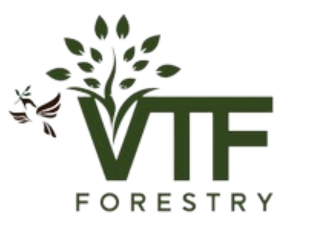
Forestry and Forest Products
Plantation Development
Forward Thinking Forestry
We partner with Forest Resource Managers (FRM) in Ghana to grow local and exotic timber and staple crops.
The overwhelming desire to reforest to meet current resource needs and to use forests as a means of fighting global warming has been the driving force behind Vision 2050 Forestry’s operations in the past 20 years.
In view of the above challenges, Vision 2050 Forestry has been working in the last few years to counteract the impact of global warming by introducing certain products and services that can address the above challenges.
Benefits of mixed local species
Local community partners have more experience working with indigenous species. When maintenance is required in the plantations, we make every attempt to leverage their understanding of the trees by using manual techniques over pesticides and herbicides. This is less expensive than using chemical controls and has the added benefit of providing more paid jobs for local community members.
Finally, diversifying the mix of tree species reduces investment risk by limiting exposure to price fluctuations for a single type of wood. As the supply of tropical hardwoods declines with the amount of primary forest available for harvest, our plantations will represent an increasingly rare supply of these species.
“The plantations aim to turn plots of deforested land into sustainable tropical ecosystems. Not only do these help the planet to breathe, but they also turn a profit for local communities.”
Timber Plantation
(Forest Resource Managers)
Partnerships
Partnerships with rural Ghanaian forest and farming communities are a key element of our business.
We partner with forest resource managers in Ghana to grow local and exotic timber and staple crops in rural Ghanaian forest and farming communities.
We call the smallholders and indigenous communities we lease land from "partners", because the term indicates how we value these relationships, and the amount of trust that exists between us. Our partners enter into 20-year lease agreements with Planting Empowerment, so they must be confident that we will be good stewards of their land and honor our agreements.
Timber Species Include:
Mansonia, Guibourtia, Tieghemella, Nauclea, Cedrela, Milicia, Pericopsis, Terminalia, Khaya, Tectona, Pterocarpus and Ceiba
VTF Timber Plantation planted
1998 - 2008 for Carbon Credits
Thinned Trees ready for pickup in Ashanti 2019
VTF Thinning harvesting exercise 2019. The field crews, data collection, chainsaw operators, and the loading boys and finally the sawmill operation.
First shipment in 2020 Kumasi mill operation
An order for Cedrela Odorata
Timber processing site Teacher Mante area 2018
VTF Cedrela Lumber at Akorabo E/R














